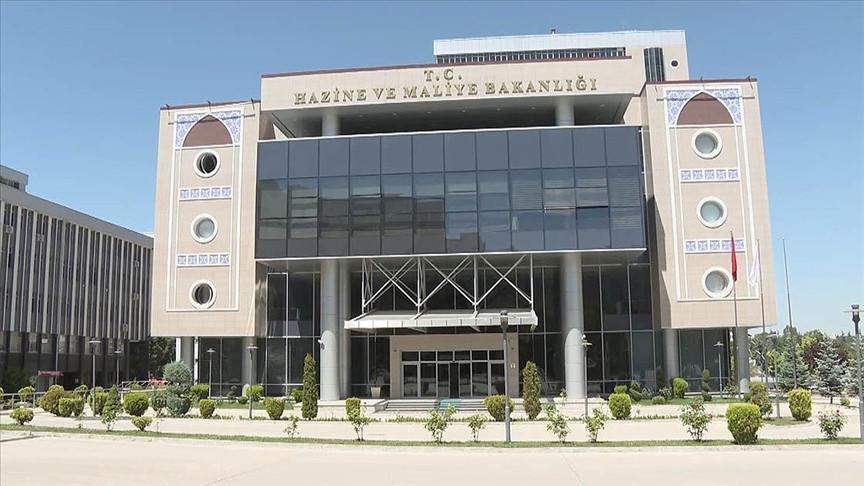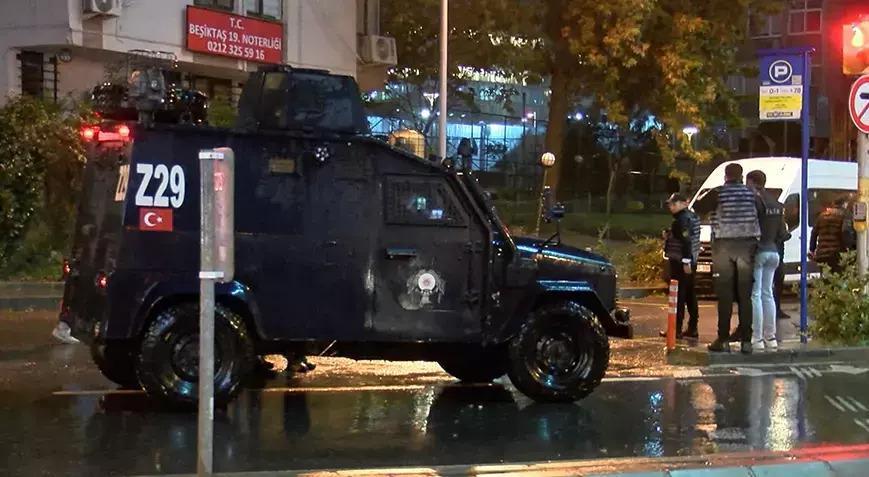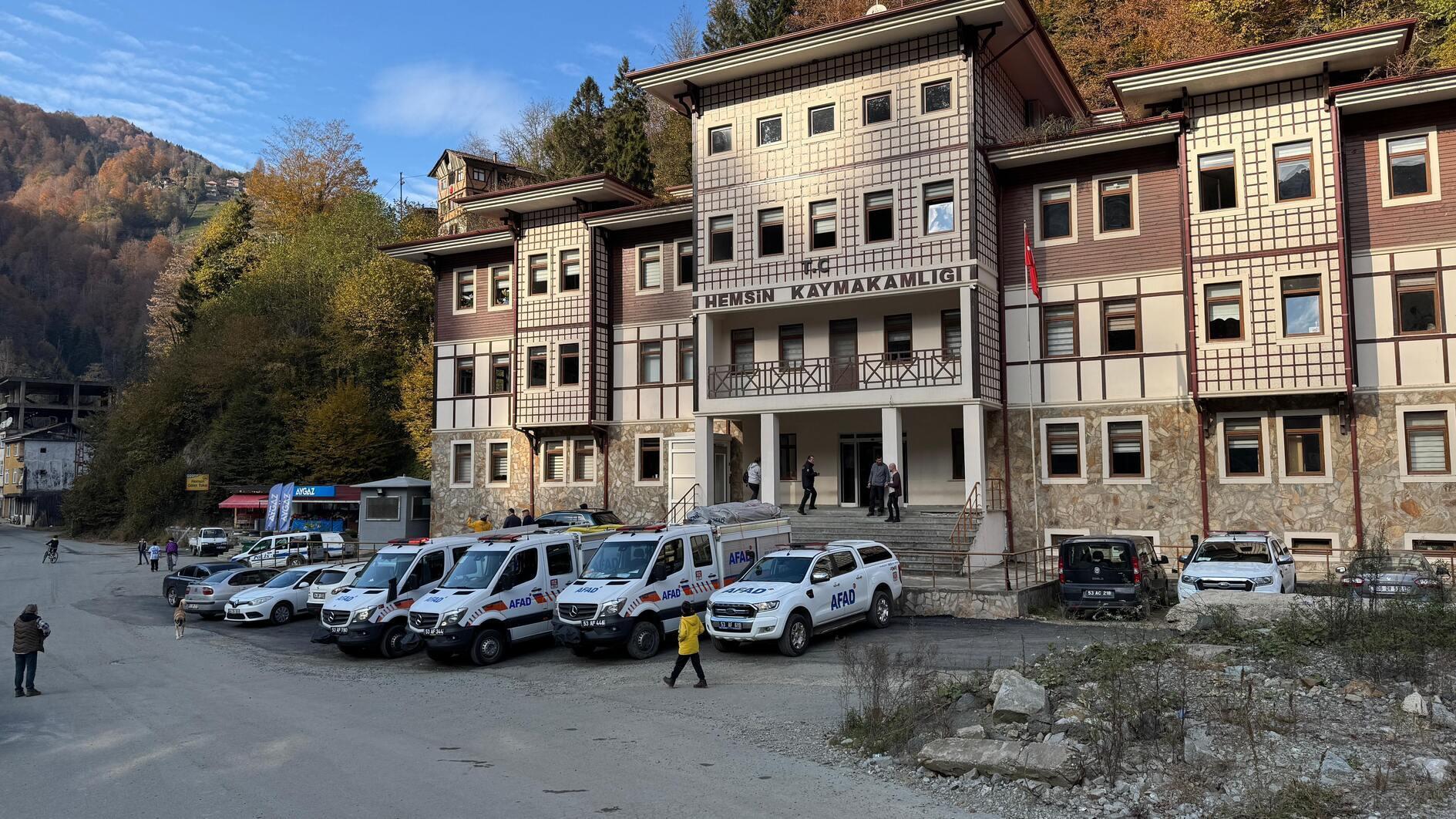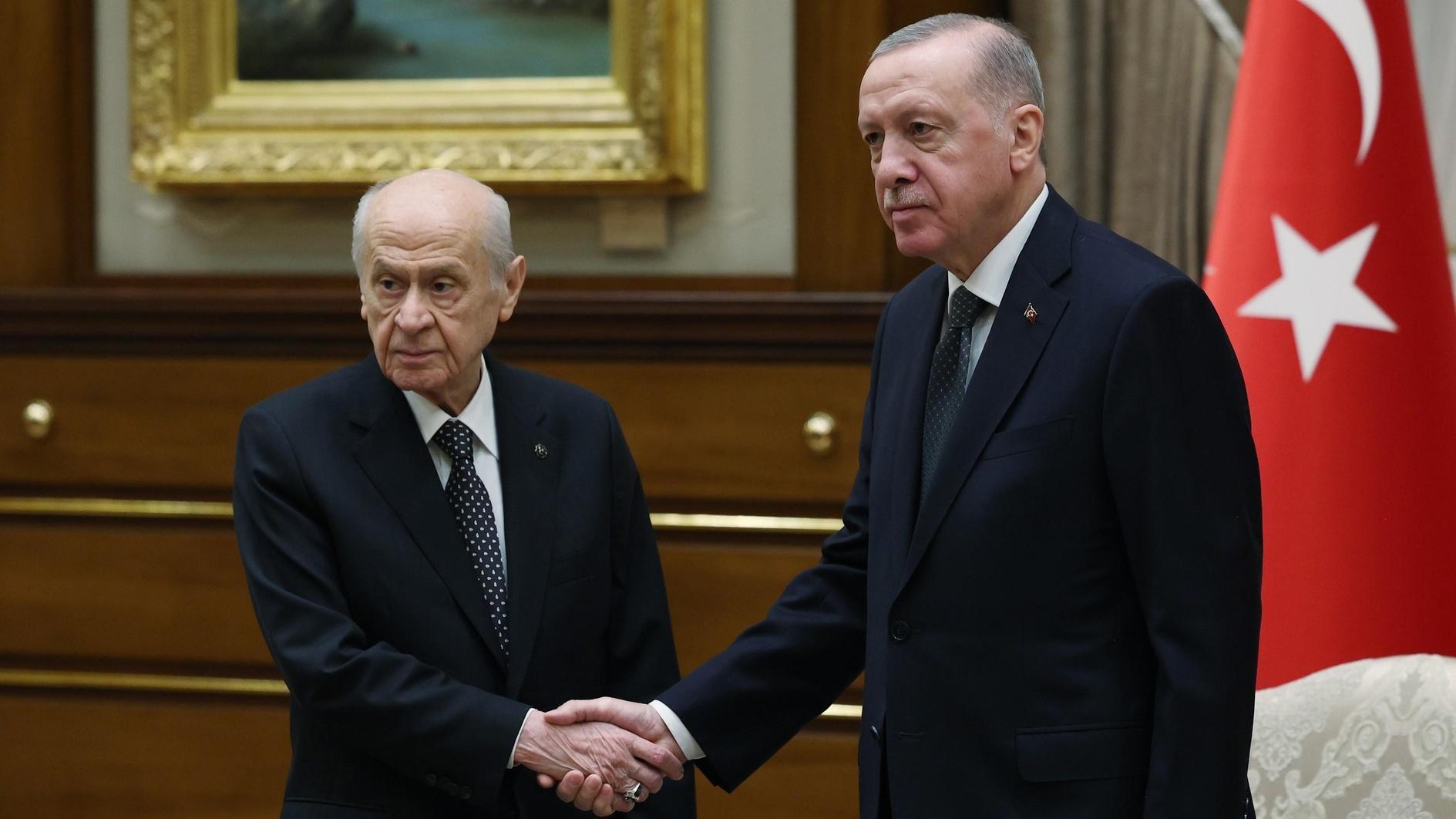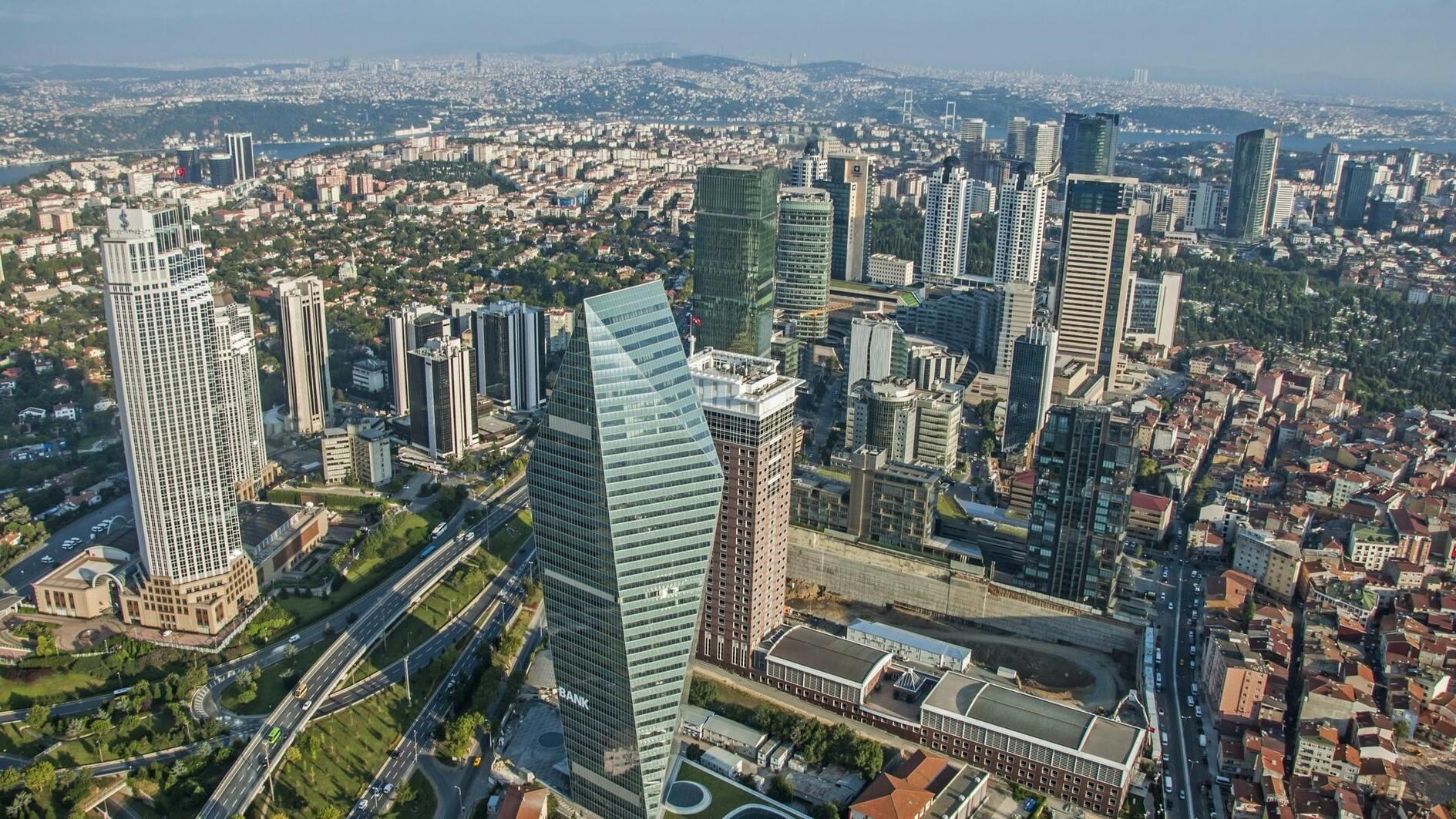Thousands of Palestinians return to Damascus refugee camp
DAMASCUS - Agence France-Presse
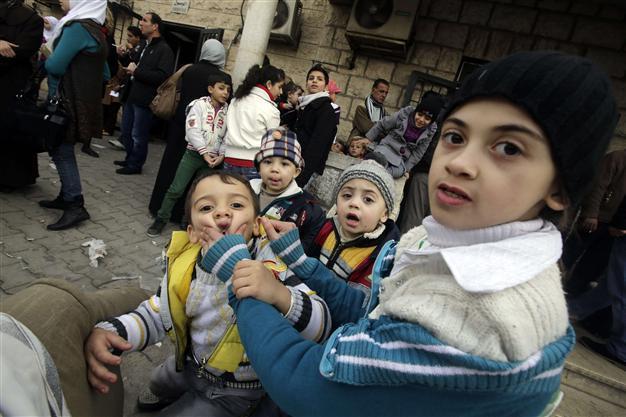
AFP Photo
Thousands of Palestinians returned today to a refugee camp in Damascus that has become a battle ground, as UN investigators warned of an openly sectarian conflict that threatens whole communities.Meanwhile, Russian President Vladimir Putin denied propping up President Bashar al-Assad and stressed that Moscow was only seeking to avert a perpetual civil war in its long-time ally.
Four days on from a first air strike on Yarmuk refugee camp, "thousands of Palestinians walked across army checkpoints at the entrance to the camp to return home, rather than sleep outside in the cold and under the rain," an aid worker in the camp said.
According to one resident and amateur video posted online, refugees sang traditional Palestinian songs, and chanted: "We are returning to Yarmuk camp".
Another resident said most the fighters of the rebel Free Syrian Army that had been deployed in their thousands days earlier had pulled out of Yarmuk.
"There are a couple of fighters in each alley way, but they're drinking tea and smoking the nargileh (water-pipe)," the resident told AFP.
In Geneva, the United Nations Relief and Works Agency for Palestine refugees (UNRWA) said as many as 100,000 Palestinians may have fled Yarmuk in the past few days.
The dramatic turn of events in Damascus in recent days was followed by UN findings that Syria's conflict has become overtly sectarian.
"As battles between government forces and anti-government armed groups approach the end of their second year, the conflict has become overtly sectarian in nature," the UN Commission of Inquiry on Syria said in a report published on Thursday.
"As the conflict drags on, the parties have become ever more violent and unpredictable, which has led to their conduct increasingly being in breach of international law," it said.
After 21 months of conflict, which a monitoring group says has killed more than 44,000 people, "the dangers are evident," it continued. "Entire communities are at risk of being forced out of the country or of being killed inside the country," it said, stressing that "with communities believing -- not without cause -- that they face an existential threat, the need for a negotiated settlement is more urgent than ever." Minority groups such as Armenians, other Christians, Druze, Palestinians, Kurds and Turkmen had also been drawn into the conflict, the report said.
"However, the sectarian lines fall most sharply between Syria's Alawite community, from which most of the government's senior political and military figures hail, and the country's majority Sunni community, who are broadly... in support of the anti-government armed groups." Thursday's report also noted the emergence of Islamist armed groups among the rebel forces, which it said were operating independently of the mainstream FSA.
The findings were published a day after the United Nations warned Lebanon that Lebanese fighting in Syria's war put the country increasingly at risk of being dragged into the conflict.
The UN Security Council also expressed on Wednesday concern over Syrian army operations in the Golan Heights ceasefire zone with Israel.
UN political affairs chief Jeffrey Feltman told the Security Council there were "multiple reports" of Lebanese fighting for and against Assad in Syria.
"This violates the Lebanese government's 'disassociation' policy and puts Lebanon increasingly at risk," Feltman told the council.
Lebanon's fragile government has sought to stay out of the Syria crisis while the country is bitterly divided over the rebellion.
The conflict has also spilled over into the Golan Heights where the United Nations has about 1,000 troops monitoring a four-decade-old ceasefire between Syria and Israel.
In Moscow, Putin said at a press briefing: "What is our position? Not to leave Assad's regime in power at any price, but to first (let the Syrians) agree among themselves how they should live next." Putin spoke four days after Syrian Vice President Faruq al-Sharaa told a pro-Damascus Lebanese newspaper that a clear winner is unlikely to emerge from the conflict.


